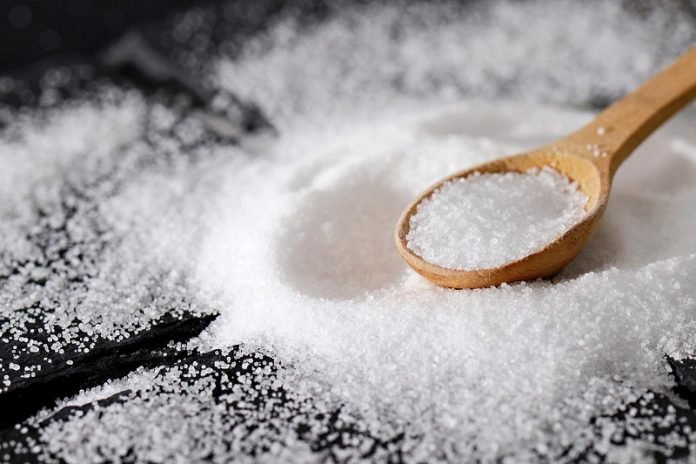
In a study by the U.S. Centers for Disease Control and Prevention (CDC) and the National Institutes of Health (NIH), scientists found a majority of Americans consume too much sodium and not enough potassium.
They analyzed 24-hour urine excretions—the gold standard measure for sodium intake—from a sample of 827 U.S. adults, aged 20 to 69, participating in the 2014 National Health and Nutrition Examination Survey.
This is the first nationally representative estimate of U.S. sodium intake based on 24-hour urine excretions.
The team found the average daily sodium intake was 3,662 milligrams (mg).
Intake was higher among men than women, but did not significantly differ by race or ethnicity, body mass index, or physical activity level.
Nearly 90 percent of participants consumed more than 2,300 mg of sodium, the upper level recommended by Dietary Guidelines for Americans 2015-2020.
The average daily potassium intake was 2,202 mg and varied by sex and race-ethnicity.
Women tended to have lower potassium levels than men and blacks tended to have the least potassium, versus whites who had the most.
Adequate potassium intake is 4,700 mg or more, suggesting Americans are not consuming enough in their diets.
The team says because of the health risks linked to excess sodium and inadequate potassium, monitoring intake is key to shaping effective dietary policies and interventions.
For optimal heart health, the American Heart Association recommends people aim to eat no more than 1,500 milligrams of sodium per day.
If you care about nutrition, please read studies about diets that could boost health in people with diabetes, and salt substitutes could effectively prevent stroke.
For more information about nutrition, please see recent studies that vitamin D could cut cancer death risk, and results showing this supplement could keep dementia at bay.
Copyright © 2022 Knowridge Science Report. All rights reserved.



